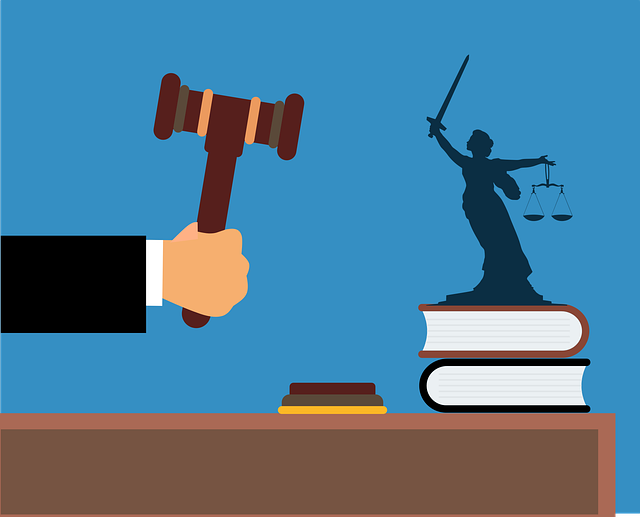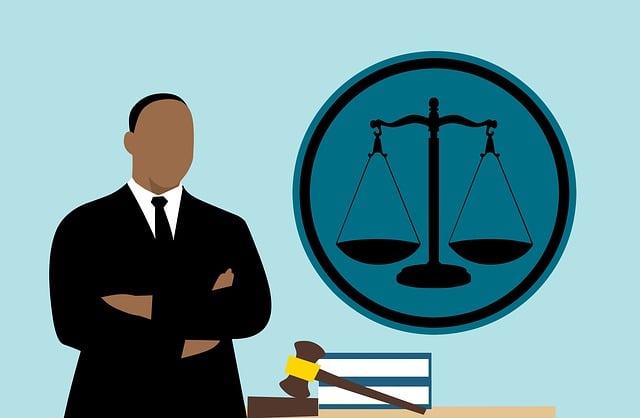Understanding Criminal Defense Policy is crucial for crafting effective legal strategies, as it shapes rights and procedures for individuals facing criminal charges. Attorneys must navigate local, state, and federal laws regarding arrest, evidence handling, and bail to ensure fair treatment and protect clients' rights. Legal representation, as a fundamental human right, scrutinizes evidence, challenges testimonies, and provides guidance, especially for complex cases or those with limited legal knowledge. Tailoring defense strategies based on specific charges like theft, fraud, assault, and drug offenses is key to success. Challenging prosecution evidence through cross-examination and questioning admissibility under relevant laws can secure more favorable outcomes. Alternative Dispute Resolution (ADR) methods like mediation and plea bargaining offer efficient, less adversarial solutions. In the digital era, attorneys must adapt legal strategies to address challenges posed by electronic evidence and data privacy concerns.
Delve into the intricate world of criminal defense policy and law, where every strategy matters. From understanding foundational principles that shape legal approaches to exploring emerging trends like technology’s impact on data privacy, this article offers invaluable insights. We examine key areas such as the right to legal representation, common criminal charges, evidence challenges, alternative dispute resolution methods, and more. Discover effective defense strategies tailored for navigating complex criminal proceedings, ensuring fair outcomes for those facing criminal charges.
- Understanding Criminal Defense Policy: A Foundation for Legal Strategies
- The Right to Legal Representation: Ensuring Fairness in Criminal Proceedings
- Common Criminal Charges and Effective Defense Approaches
- Building a Robust Defense: Strategies for Challenging Evidence and Testimony
- Alternative Dispute Resolution: Mediation, Plea Bargaining, and Their Impact on Criminal Defense
- Emerging Trends in Criminal Law: Technology, Data Privacy, and their Implications for Defendants' Rights
Understanding Criminal Defense Policy: A Foundation for Legal Strategies

Understanding Criminal Defense Policy is a cornerstone for crafting effective legal strategies. This policy landscape dictates the rights and procedures that safeguard individuals facing criminal charges, shaping the defense’s approach. By delving into these policies, attorneys can navigate complex legal terrains, ensuring their clients receive fair treatment and protection.
Criminal defense strategies must be informed by an in-depth knowledge of local, state, and federal laws. This includes comprehending arrest procedures, evidence handling rules, and bail regulations, which all play a pivotal role in building robust defenses. With this foundation, legal professionals can advocate for their clients’ rights, challenge evidence, and navigate the criminal justice system to achieve favorable outcomes.
The Right to Legal Representation: Ensuring Fairness in Criminal Proceedings

The right to legal representation is a cornerstone of fairness in criminal proceedings. It ensures that individuals accused of criminal charges have access to competent counsel, enabling them to navigate complex legal systems and develop effective defense strategies. This fundamental right is enshrined in various international human rights documents, such as the Universal Declaration of Human Rights, which emphasizes the importance of fair trials and legal assistance for all people.
In practical terms, legal representation plays a pivotal role in protecting the rights of the accused. Defense attorneys can scrutinize evidence, challenge witness testimonies, and argue legal interpretations on behalf of their clients. They also provide essential guidance, ensuring that suspects understand their rights and make informed decisions throughout the criminal justice process. This support is crucial, especially for those facing serious charges or who lack legal knowledge, helping to ensure that justice is not only served but also accessed equitably.
Common Criminal Charges and Effective Defense Approaches

In the realm of criminal defense, understanding common criminal charges and their associated defense strategies is paramount for legal professionals. From theft and fraud to assault and drug offenses, various criminal charges demand tailored approaches. For instance, a robust defense strategy for a theft charge might involve questioning the validity of surveillance footage or alibi evidence, while a skilled attorney for a drug possession case could leverage constitutional protections regarding unreasonable search and seizure.
Effective defense strategies often hinge on meticulous investigation, expert witness testimony, and a deep knowledge of applicable laws. For instance, challenging the admissibility of evidence through legal loopholes or exploiting procedural errors can significantly weaken the prosecution’s case. Additionally, building a compelling narrative that portrays the client’s actions in a different light can be instrumental in achieving a favorable outcome, whether through acquittal or reduced sentences.
Building a Robust Defense: Strategies for Challenging Evidence and Testimony

Building a robust defense in a criminal case often involves challenging the strength and admissibility of evidence and testimony presented by the prosecution. Defense attorneys play a crucial role in scrutinizing every aspect of the case to identify weaknesses and inconsistencies. One effective strategy is to cross-examine witnesses thoroughly, aiming to expose any biases, memory lapses, or contradictions in their statements. This process not only undermines the reliability of their testimonies but also presents alternative narratives to the jury.
Additionally, legal professionals can challenge evidence by questioning its source, handling, and admissibility under relevant laws and regulations. For instance, they may raise objections if evidence was obtained through illegal means or if there was a breach in protocol during collection or storage. By employing these defense strategies, individuals facing criminal charges have a better chance of presenting their side of the story persuasively and potentially securing more favorable outcomes.
Alternative Dispute Resolution: Mediation, Plea Bargaining, and Their Impact on Criminal Defense

Alternative Dispute Resolution (ADR) methods, including mediation and plea bargaining, have significantly shaped the landscape of criminal defense. These strategies offer a more efficient and often less adversarial approach to resolving criminal charges. Mediation, for instance, brings together the victim and accused in a controlled environment to facilitate an agreement that satisfies both parties. This process can reduce the emotional toll on victims while providing defendants with a chance to take responsibility without the formalities of a trial.
Plea bargaining is another powerful tool where prosecutors negotiate guilty pleas for reduced charges or sentences in exchange for a defendant’s cooperation. Such negotiations can lead to favorable outcomes for both sides, allowing for quicker dispositions and potentially more just results. Effective use of these ADR methods by criminal defense attorneys can result in better outcomes for their clients, offering viable alternatives to the often lengthy and stressful traditional courtroom battles.
Emerging Trends in Criminal Law: Technology, Data Privacy, and their Implications for Defendants' Rights

In today’s digital age, emerging trends in criminal law are significantly shaped by technological advancements and data privacy concerns. The increasing reliance on electronic evidence, such as surveillance footage, digital communications, and social media posts, presents both opportunities and challenges for defendants’ rights. While these technologies offer powerful tools for investigation and prosecution, they also raise questions about the admissibility, integrity, and potential manipulation of digital evidence. Defendants now have access to innovative defense strategies that leverage technological advancements; for instance, advanced data analytics can uncover inconsistencies in evidence, while privacy-focused legal arguments can challenge the validity of secretly obtained information.
As courts grapple with these new complexities, striking a balance between public safety and individual privacy becomes crucial. The evolving landscape demands adaptive legal strategies focused on protecting defendants’ constitutional rights. In particular, attorneys must stay abreast of developments in data security, ensuring that their clients’ digital footprints are handled securely and ethically to mount robust criminal charges defense strategies.














